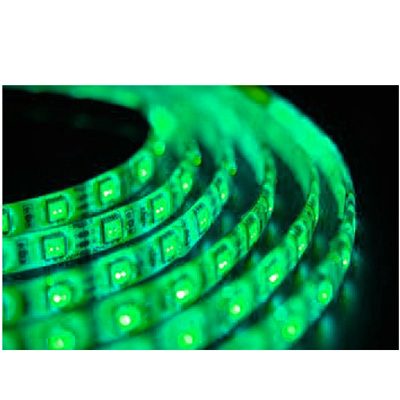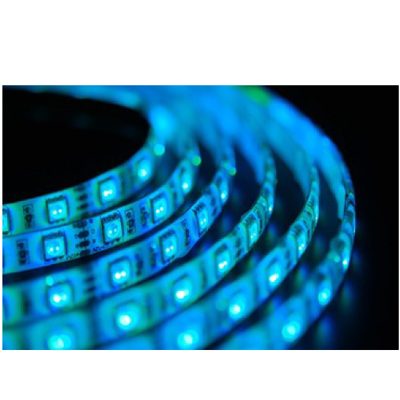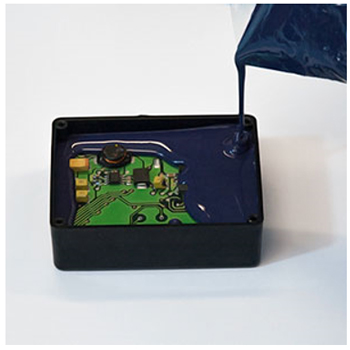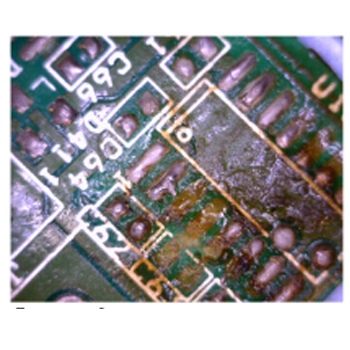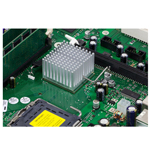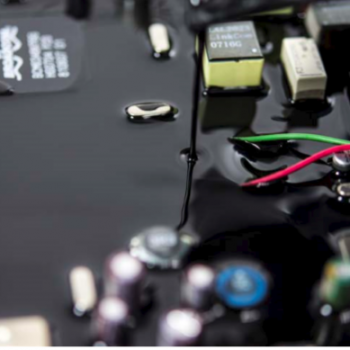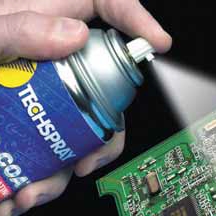Discussing LED lifetime part 2 of 2; in this paper we will highlight the use of LEDs in various environments and introduce how to specify appropriate protection under such conditions.
Extending the life of LEDs – Part 1
This article will touch on heat management and other points on how to extend the life of LEDs.
High Performance Potting Compound for Electronics Protection
Resins are widely used for potting and encapsulation in the electronics and electrical industries, and are generally found in three major categories, depending on their chemical types: epoxy, urethane and silicone. Learn about the different high performance potting compound for electronics protection.
Protecting Electronics from Corrosion
There are many conformal coating chemistries available and each have their own benefits and drawbacks, find out more.
Thermal Management on Printed Circuit Boards
During use, some electronic components can generate significant amounts of heat. Failure to effectively dissipate this heat away from the component and the device can lead to reliability concerns and reduced operational lifetimes. Thermal management on printed circuit boards
Conformal Coating VS Resin Potting, how to choose a PCB coating material
How to decide if conformal coatings or resin potting material is best for your application. Understand the difference between conformal coating and potting materials.
Choosing the correct Techspray conformal coating
The Techspray conformal coating selection guide will help you match the best conformal coating with the intended environment. Acrylic conformal coatings offer good moisture protection and some of the best dielectric properties although they are not very chemical resistant. Silicone conformal coatings have superior moisture protection and are flexible and resistant to thermal shock. Urethane conformal coatings are rigid and hard providing good moisture resistance and the best chemical resistance. There are many ways to apply conformal coatings.


